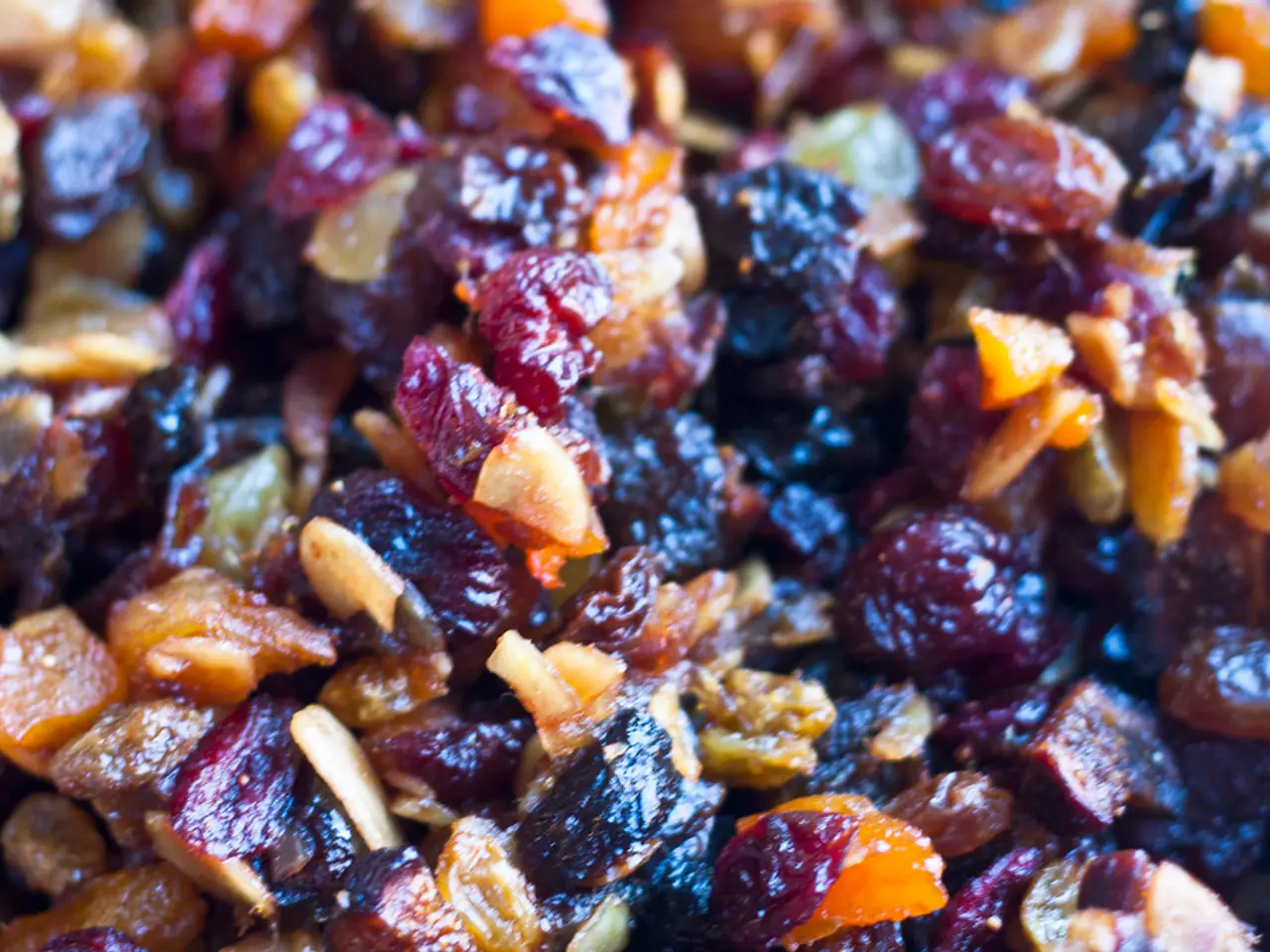Does a Cooking Oil with Fewer Calories Actually Exist?
In the realm of cooking, the choice of oil can significantly impact the taste and nutritional value of a dish. Here's a breakdown of five popular cooking oils: coconut, avocado, canola, olive, and grapeseed oil.
Firstly, it's important to note that most cooking oils, including coconut oil, have a similar calorie content, around 120 calories per tablespoon. However, alternatives to coconut oil like olive oil, canola oil, or sunflower oil do not significantly differ in calories. Oils sprayed, like calorie-reduced oil sprays, can have fewer calories per serving due to lower amounts used.
Coconut oil, while providing less calories than popular oils like olive, canola, and grapeseed, is rich in saturated fats. A tablespoon (14 grams) of coconut oil generally contains 117 calories, about 12 grams of saturated fat, about 1 gram of monounsaturated fatty acids, and less than 0.5 grams of polyunsaturated fatty acids. Unrefined coconut oil has a lower smoking point at 350°F (177°C), suitable for baking if a stronger flavor is desired, but cooking low and slow is recommended for stovetop cooking.
Avocado oil, on the other hand, provides heart-healthy fats in the form of mono and polyunsaturated fatty acids. A tablespoon of avocado oil contains about 124 calories, 1.5 grams of saturated fat, 10 grams of monounsaturated fatty acids, and 2 grams of polyunsaturated fatty acids.
Canola oil is similar to olive oil in calorie and fat content, but contains fewer saturated fats and more polyunsaturated fats. A tablespoon of canola oil contains about 124 calories, 1 gram of saturated fat, 9 grams of monounsaturated fatty acids, and 4 grams of polyunsaturated fatty acids. Similar to canola oil, grapeseed oil has a neutral flavor, making it a great all-purpose oil for cooking. A tablespoon (14 grams) of grapeseed oil contains 1 gram of saturated fat, 3 grams of monounsaturated fatty acids, and 10 grams of polyunsaturated fatty acids.
Grapeseed oil is made from leftover winemaking grape seeds without heat or chemicals. It has a smoke point of 445°F (229°C), making it suitable for high heat cooking like sauteing and frying. Grapeseed oil also provides vitamin E and polyphenols.
Olive oil, high in monounsaturated fatty acids, can help lower LDL cholesterol levels and reduce the risk of heart disease. It has a smoke point of 468°F (242°C), making it suitable for most cooking methods.
Refined coconut oil has a smoke point closer to 400°F (204°C), suitable for high heat cooking like sauteing and frying.
In conclusion, while all these oils provide calories, their nutritional profiles vary significantly. Coconut oil is rich in saturated fats, while avocado oil provides heart-healthy fats. Canola oil and grapeseed oil have neutral flavors and are high in polyunsaturated fats. Olive oil, rich in monounsaturated fats, is beneficial for heart health. The choice of oil ultimately depends on the specific dietary needs and desired flavour profile for each dish.
Read also:
- Leeds set for a healthier future through new collaborative endeavor
- Eight strategies for promoting restful slumber in individuals with hypertrophic cardiomyopathy
- Exploring the Strength of Minimally Digestible Diets: A Roadmap to Gastrointestinal Healing
- Secondhand Smoke: Understanding its Nature, Impact on Health, and Additional Facts





